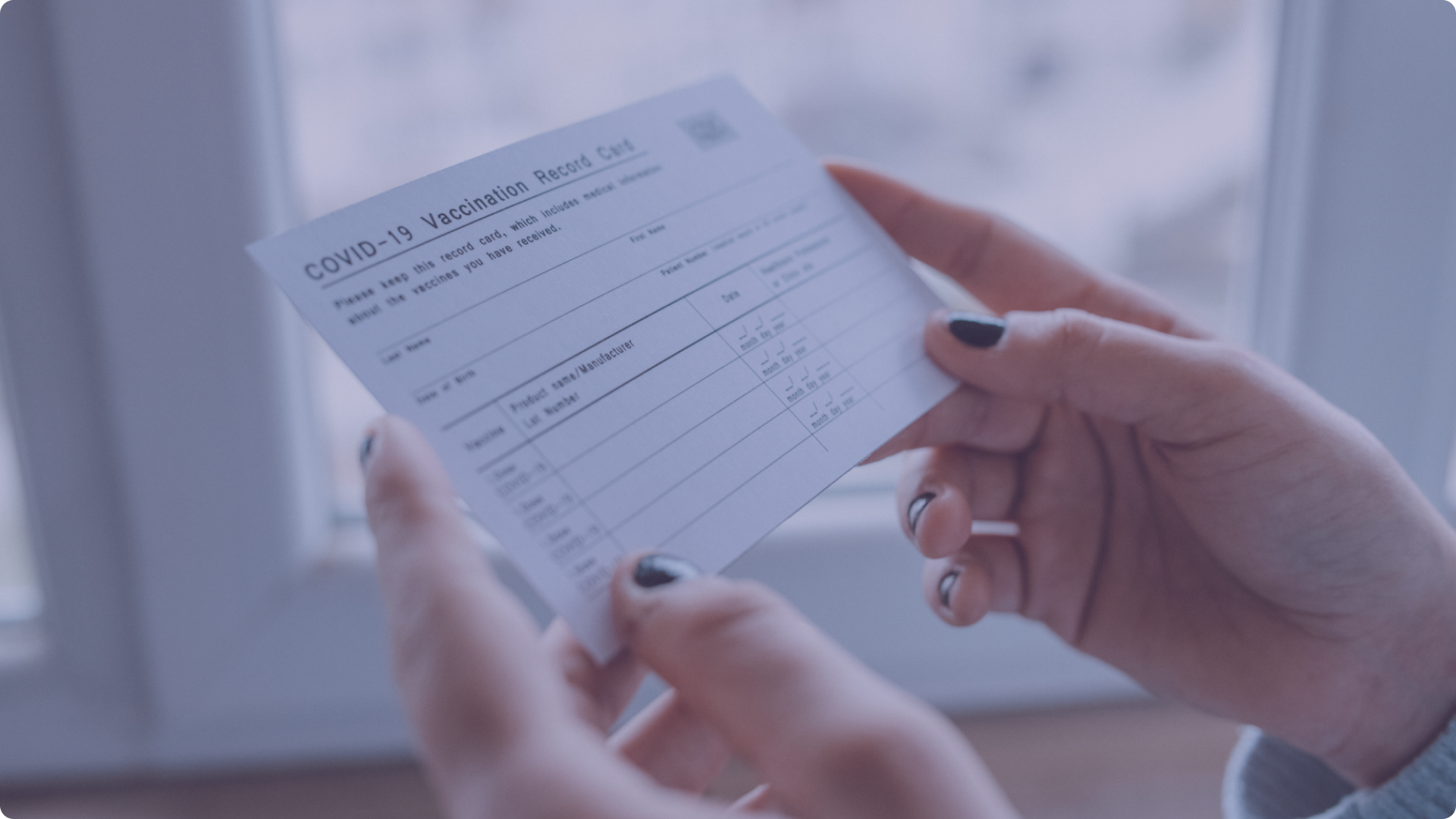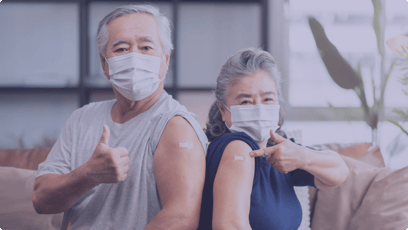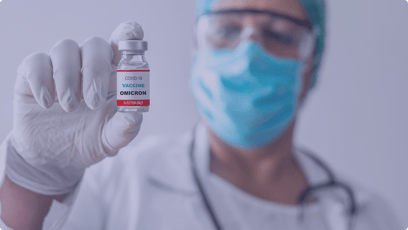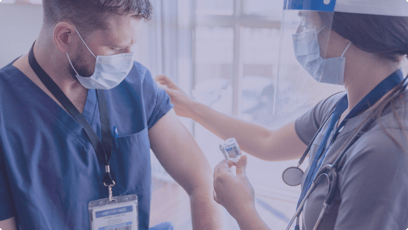Getting vaccinated helps your community
When you choose not to vaccinate, you are putting others at risk. Evidence shows that getting vaccinated protects your community. Currently, the much more contagious Delta coronavirus variant is spreading fast, and case numbers are rising. Without higher levels of vaccination, people will continue to be infected w
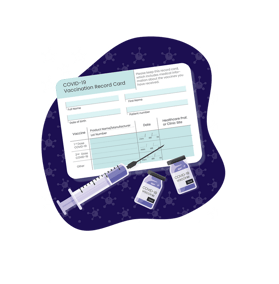
ith COVID-19. Some will experience severe disease with lasting effects, others will need hospitalization and still others will die. Children under 12 and immunocompromised individuals cannot be vaccinated and remain unprotected. These segments of the population rely on the community to protect them – by getting vaccinated and taking personal action to help limit spread.
Getting vaccinated protects you from COVID-19
COVID-19 vaccines prepare your immune system so that if you are exposed to the virus, you are ready to fight it. Some people experience mild symptoms for 24-48 hours after vaccination, such as headache, fever or muscle aches. These symptoms signal that your body is building immunity against the virus.
COVID-19 vaccines are extremely effective in preventing COVID-19 infection. Guidance from the Government of Ontario indicates that vaccines reduce the severity of outcomes, including hospitalization and death. A growing majority of people needing hospitalization and ICU care in Ontario are unvaccinated or partially vaccinated. Getting a vaccine is an important decision for your personal health.
Vaccines are tested and safe
The COVID-19 vaccines have been thoroughly tested and are safe. All COVID-19 vaccines have undergone extensive clinical trials and are approved for use. This includes the viral vector vaccines (Johnson & Johnson and AstraZeneca) and mRNA vaccines (Pfizer and Moderna). While the mRNA technology is newer, like any approved medical technology, it is the result of decades of research and study.
More than 100 million people in the United States have been safely vaccinated. In Canada, over 27 million people have been safely vaccinated – over 71% of the population (over 80% of the population over 12 years old). The COVID-19 vaccines have been made following procedures developed and tested over many years and specifically for instances such as the coronavirus pandemic, in which vaccines need to be designed and tested quickly.
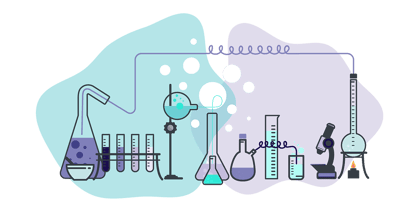
Clinical trials involved people from all ethnicities, and included people with all kinds of health conditions, including heart and respiratory issues, obesity, and diabetes. The vaccine is safe for people with common allergies and the CDC recommends that people with non-vaccine-related allergies get vaccinated. It is extremely rare to have allergic reactions to the vaccine and, all vaccination sites monitor people for 15 minutes following the vaccine to ensure there's no risk of anaphylaxis. People with allergies to specific vaccine ingredients should discuss the COVID-19 vaccine with their doctor.
Immunity wanes; Vaccination protects
Many healthcare workers were infected with COVID-19 in the earlier waves of the pandemic and believe they are now immune. However, the pandemic is an ongoing and dynamic situation. New coronavirus variants have emerged and immunity has been shown to wane over time. You can get COVID-19 again. More importantly, even if you do not experience symptoms, you can still spread it to others – your family, your co-workers, and your patients. Getting vaccinated provides extra protection to you and your community, and makes it less likely that additional virus variants will emerge.
While vaccination is ultimately a personal choice, the protective health and social benefits are clear and proven. COVID-19 vaccines are safe, effective, high quality and authorized for use. The best way to protect your own health and that of everyone around you – from your family, to your colleagues, to your residents in patient care, is to get vaccinated as soon as possible.
If you're ready to be vaccinated, talk to your health provider or visit your nearest clinic.

